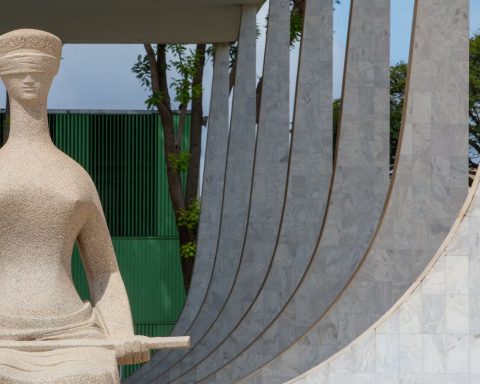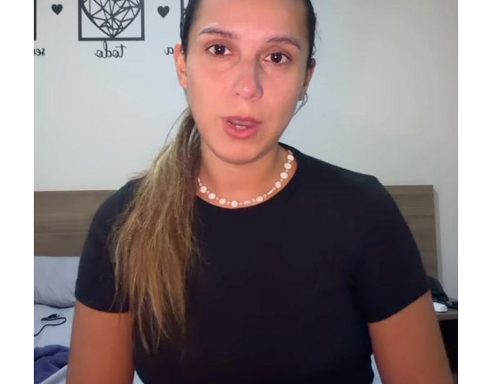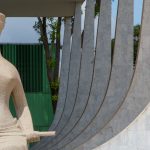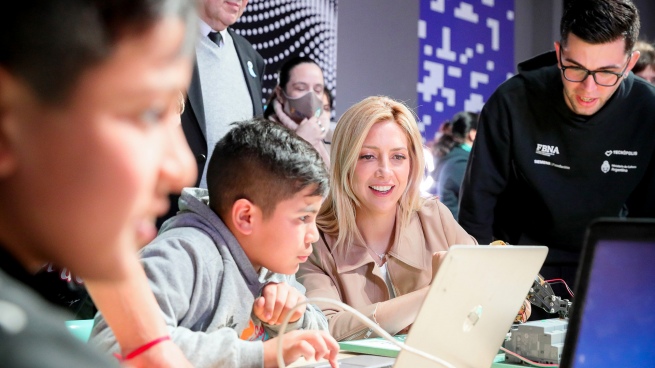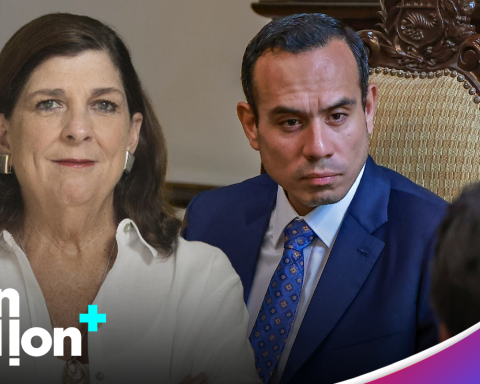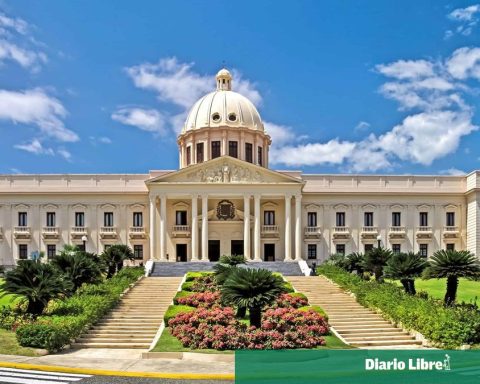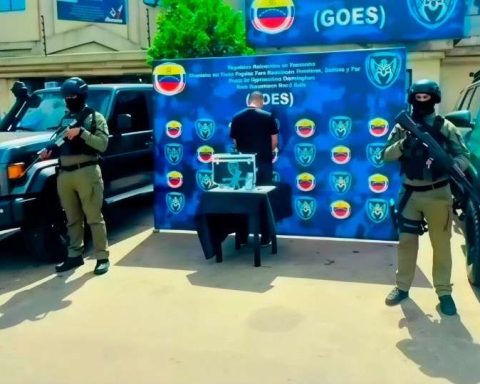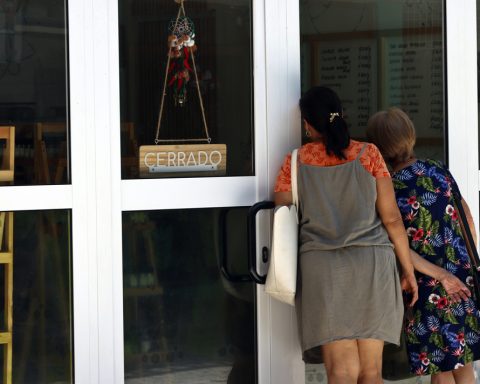An unprecedented report made in the cities of São Paulo and Rio de Janeiro pointed out that there are differences in police approaches to black and white suspects. According to the study, black people are 4.5 times more likely to be approached than white people.
The survey was carried out by the Instituto de Defesa do Direito de Defesa (IDDD), whose members are criminal lawyers and human rights defenders, and Data_Labe, a social organization based in the Maré favelas. 1,018 people were heard, 510 in Rio de Janeiro and 508 in São Paulo. Of these, 64% declared that they had already been through at least one police approach – 652 people.
Called “Por Que Eu?”, the poll heard interviewees from May 3 to June 12, 2021. The analysis of the data collected was carried out between June 2021 and June this year.
For police approaches made inside homes, 13.5% of respondents of black respondents reported having already experienced the situation, while 5.1% of white respondents reported this type of violence.
Among those who declared having been approached more than ten times, the percentage among blacks was 19.1% – more than double compared to white respondents (8.5%).
Protocol
“We can perceive experiences of violence with both groups, but the situations are more intense, more recurrent, more frequent, when we analyze black people, considering the appropriate proportions of respondents”, said journalist Elena Wesley, one of the journalists. Data_Labe spokespersons.
The objective of the report is to create a more objective protocol, by the Public Ministry and the Judiciary, that does not leave room for the subjective interpretation of the agents and that prevents differences in approaches. According to Elena Wesley, there are reports of insecurity and fear on the part of black people in relation to the police force.
Lawyer Vivian Peres, coordinator of IDDD Programs, noted that there is no questioning on the part of the Judiciary in the approaches.
Vivian also reported the need to create protocols that can be observed by security agents. “If there was a protocol with objective rules, maybe we could start to change this reality.”
racial clipping
Elena Wesley drew attention to another data that shows racial disparity. For black people, skin color was mentioned in 46% of the approaches. For white people, skin color was mentioned in 7% of the approaches.
Regarding approaches, data from the São Paulo Public Security Secretariat (SSP-SP) show that, in 2020, 12 million were carried out by security agents. Of these, less than 1% resulted in arrest in flagrante delicto.
“It’s a very small number for such a large number of people who are approached illegally, because there was no evidence, and without, in fact, meaning a fight against crime”, said lawyer Vivian Peres.
Violence
The survey shows that 89% of black people who were approached by the police reported having suffered some type of physical, verbal or psychological violence. For white people, the figure is 66.8%.
Regarding moral harassment, 18.9% of blacks were victims of the practice, while 13% of whites reported the occurrence. Although small, the frequency of threats is also higher among blacks: 3.3% against 2.2% in the group of white people.
Intimate magazine and reviews
The group of black people was the one that reported the highest incidence of contact with the private parts during approaches: 42.4% compared to 35.6% in the other group. In this number are men, women and people who classify themselves in other genders.
The vast majority (74.5%) of black participants who have already been approached and who responded to the study rated their experiences during police approaches as “bad” or “terrible”. In the group of white people, this classification corresponded to 47.1% of the total.
placements
In a note, the São Paulo Public Security Secretariat clarified that procedures are reviewed when necessary, both in the Military Police and in the Civil Police of the state.
“The PM, for example, started updating its standard operating procedures (SOP), as well as the institution’s human rights manual. All military police officers attend the EAP annually [Estágio de Aperfeiçoamento Profissional]. The Civil Police increased the workload of subjects related to human rights in courses given by Acadepol”, concludes the note.
The National Council of Justice (CNJ), in turn, said that it will not comment on the study, since the research deals with the performance of security forces.
The press office of the Secretary of State for the Military Police of Rio de Janeiro informed the Brazil Agencyin a note, that “in the protocols that guide the Corporation’s approach actions, there is no distinction of social context – race, religious creed, sexual orientation, among others.”
The institution further clarified that “in relation to the racial issue, a challenge that must be faced forcefully by all Brazilian and even global society, the Military Police of Rio de Janeiro is proud to have been the first public institution to incorporate blacks into their ranks, even before the abolition of slavery. Today, 40% of military police officers are of African descent. The Military Police of Rio de Janeiro is also proud to have been one of the first institutions to be commanded by a black man, the late Commander-General Colonel Carlos Magno Nazareth Cerqueira, who left an invaluable legacy to the Corporation.”
By the time the report was closed, the Public Ministry of Rio de Janeiro (MPRJ) had not responded to a request for comment on the study.

